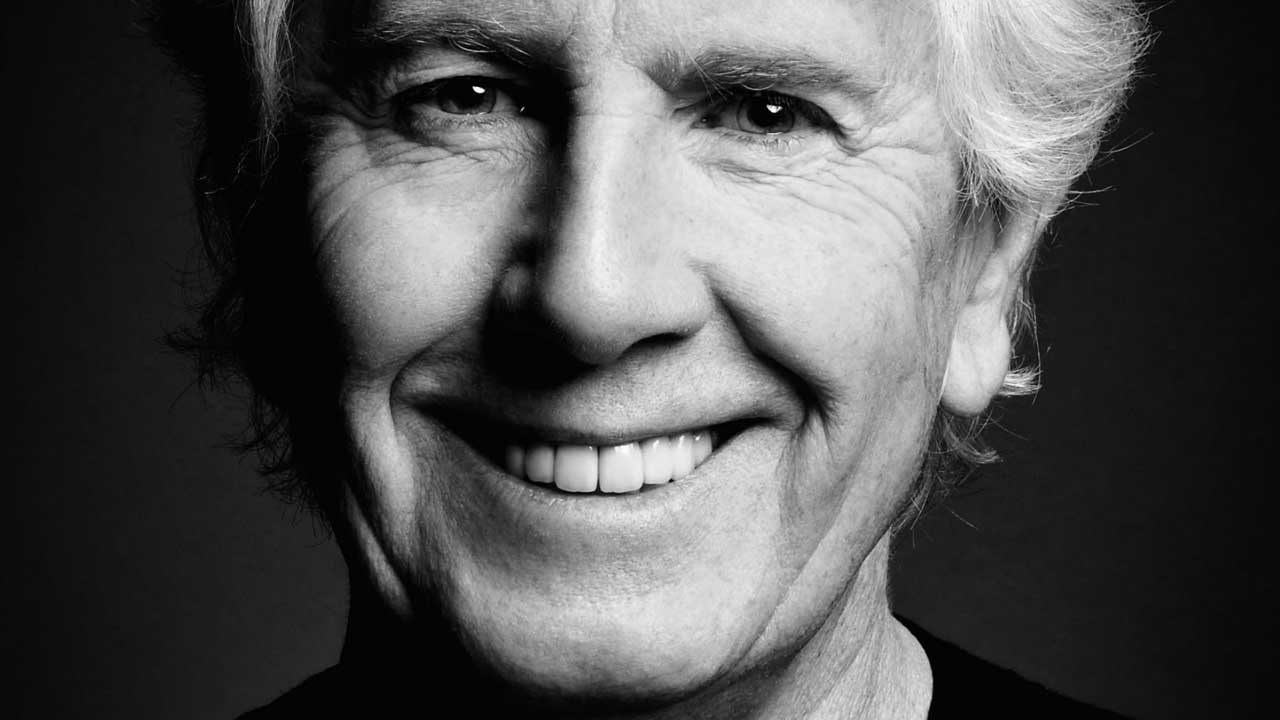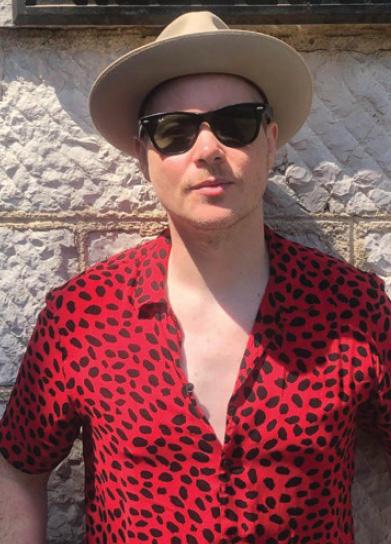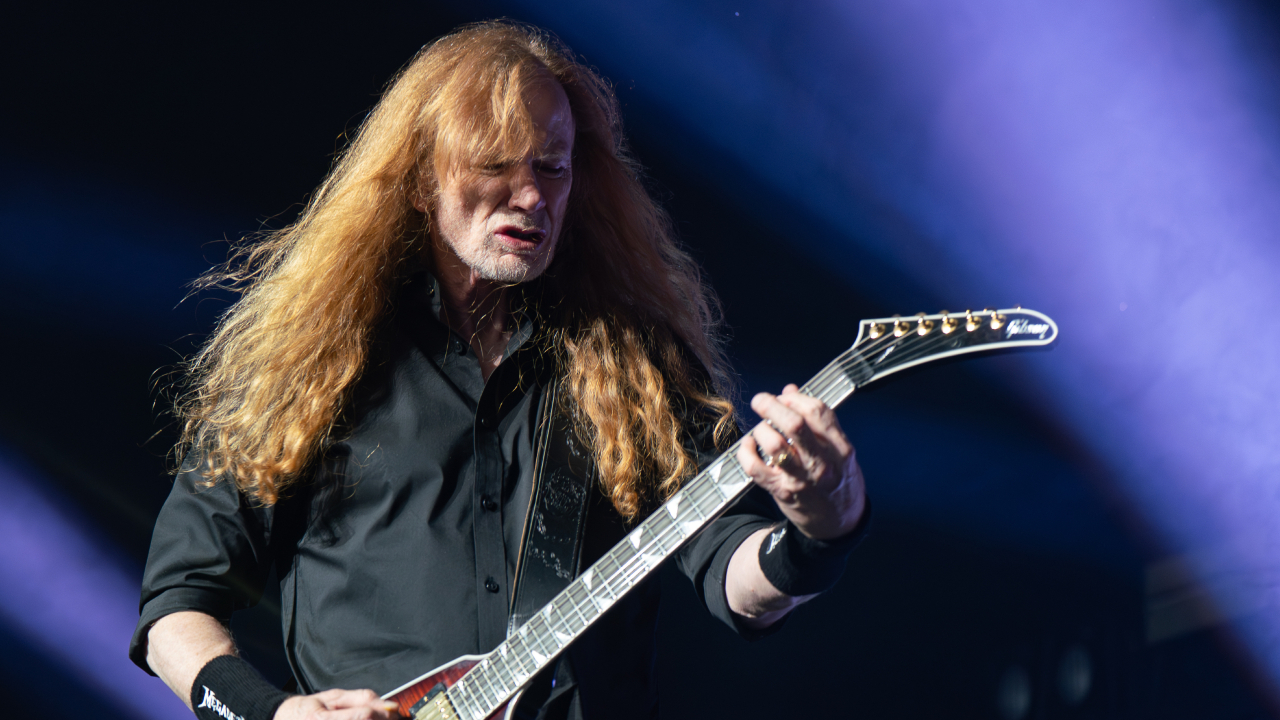Graham Nash on songwriting: you’ve got to keep it alive and pumped full of blood
Legendary singer-songwriter Graham Nash on balancing love and anger in his songs, and a project 60 years in the making

There’s passion at the heart of everything Graham Nash does. Crosby, Stills And Nash were born after his singular instinct led the Lancashire-born musician to quit The Hollies and head for California. It was during CSNY’s (CSN now joined by Neil Young) first hiatus, in 1971 that Nash embarked on a solo career that finally allowed his effusive songwriting to flourish.
His first two records – Songs For Beginners, released in May 1971, and 1974’s Wild Tales – chronicled the fallout of his relationship with Joni Mitchell with deep, unrestrained emotions. The pair had lived together for two years upon Nash’s move to the US, and he has never been shy to reference her considerable influence on his songwriting, alongside that of his bandmates.
On his new album, Graham Nash: Live, recorded during his US tour in September 2019, those two first solo albums are performed in their entirety, the songs’ spirited takes (akin to the irrepressible energy he displays in conversation with Classic Rock today) proving that – even at the grand old age of 80 – Nash’s passion shows no signs of abating.

The songs on Graham Nash: Live have been around so long that they’ve taken on different meanings. How do you think they reflect the world now?
It’s a compliment to me that my music has lasted and been relevant this long. On the other hand, it’s a pain in the ass that we still have to keep singing this stuff. I mean, Immigration Man, Chicago/We Can Change The World, Military Man… All these songs are still incredibly relevant today, and it’s very sad that we just do not seem to want to learn from history.
After the success of The Hollies and CSN, as you began your solo career, were you looking forward to being judged in your own right?
No. I was happier that I got songs that were living inside my head on to tape. We were all writing so much, and the reason I did Songs For Beginners was that CSN weren’t making records, and I had all these songs and what the hell do you do with them? You have to go into the studio, because once they’re down on tape they leave room in my head for more.
Sign up below to get the latest from Classic Rock, plus exclusive special offers, direct to your inbox!
There’s such a purity in your songs’ poignancy that it sounds as if you just sat at a piano and let them come out. Is your process as unforced as it sounds?
Yeah, it’s very unforced. I’ve never felt that I had to be depressed or unhappy to be able to create songs. I always thought that was just bullshit. Of course, people do write many great songs being depressed and being upset, but it’s not a be-all and end-all for me to be able to write songs.
I’m an ordinary person. I happen to do something with my life that’s different than most people, and I’ve tried all my life to be as honest as possible in my music. When I got to America and was listening to what David [Crosby], Stephen [Stills], Neil [Young] and Joni [Mitchell] were writing, I realised that if I didn’t up my game I was out of the picture here. So I decided that I would be even more honest with myself. And that became Songs For Beginners.
There are two very contrasting themes that dominate your songs: love and anger. How do you balance this dichotomy?
I’ve got a good balance in my life. I understand what’s going on in the world. I’m a news junkie. I do understand what’s going on. At the same time, here I am; I’m just an ordinary person, but I’ve been doing songwriting for sixty years. It’s just like a muscle: you’ve got to keep it pumped full of blood, you’ve got to keep it alive and pumping. And I try and do that with my life.
I walk out in the morning and I realise that I’m alive, and I have my camera with me, and the songs that are going on in my head, and I demand from the universe to put me in the way of magic. And it invariably happens. That’s the way I approach my life. It’s a wonder that I’m alive. I’m incredibly grateful to be a musician, and I’m getting on with my life.
On The Line, from Wild Tales, documents the ennui you can feel at work. What have you found most challenging?
I believe the audience can see in your eyes whether you wanna be there or not. You can’t fool an audience, and therefore I have to be the best I can be every single night. And I owe that to myself as well as to the people that have waited. I owe it to myself to be the best I can be. Summoning that energy takes a lot, but that’s my job.
Is touring a necessity for you to make a living, or is it a necessity for your calling?
It’s only my calling. I’ve been lucky enough to be rich enough to not ever worry about money again in my life, and it gives me a great freedom. I want to be there; I don’t have to be in the middle of Elgin, Illinois, in the pouring rain. I don’t have to be here, I want to be here.
And it shows! People are leaving these theatres with gigantic smiles on their faces, and that’s what I want. Yes, the world is fucked. Yes, I understand how shitty it is out there. But you know what? It’s going to be better tomorrow. Let’s get on with it. That’s how I am.
The pandemic forced you to cancel tours. Did you spend the lockdown constructively?
I took full advantage of the lockdown. What I’ve been doing is making music remotely. I am one track from finishing a new solo record, done remotely. Also, it isn’t mixed yet but I’ve finished recording a new album with my friend [The Hollies’ former lead singer] Allan Clarke.
Allan has been my oldest friend – I’ve known him since I was six years old, and that means he has been my friend for seventy-four years. He quit The Hollies many years ago because he didn’t feel that he could reach those high notes on those beautiful songs that he did. But Allan has been singing unbelievably well, and I’m very happy with this record. It took us sixty years to make this record. I can’t imagine doing another one any time soon!
Graham Nash: Live is available now via Proper Records
Simon Harper is a co-founder of the award-winning music and fashion title Clash Magazine, and its Editor-In-Chief since launching in 2004. A lifelong Beatles fan, he has worked on a number of projects with Paul McCartney since interviewing him for a Clash cover story in 2007.

